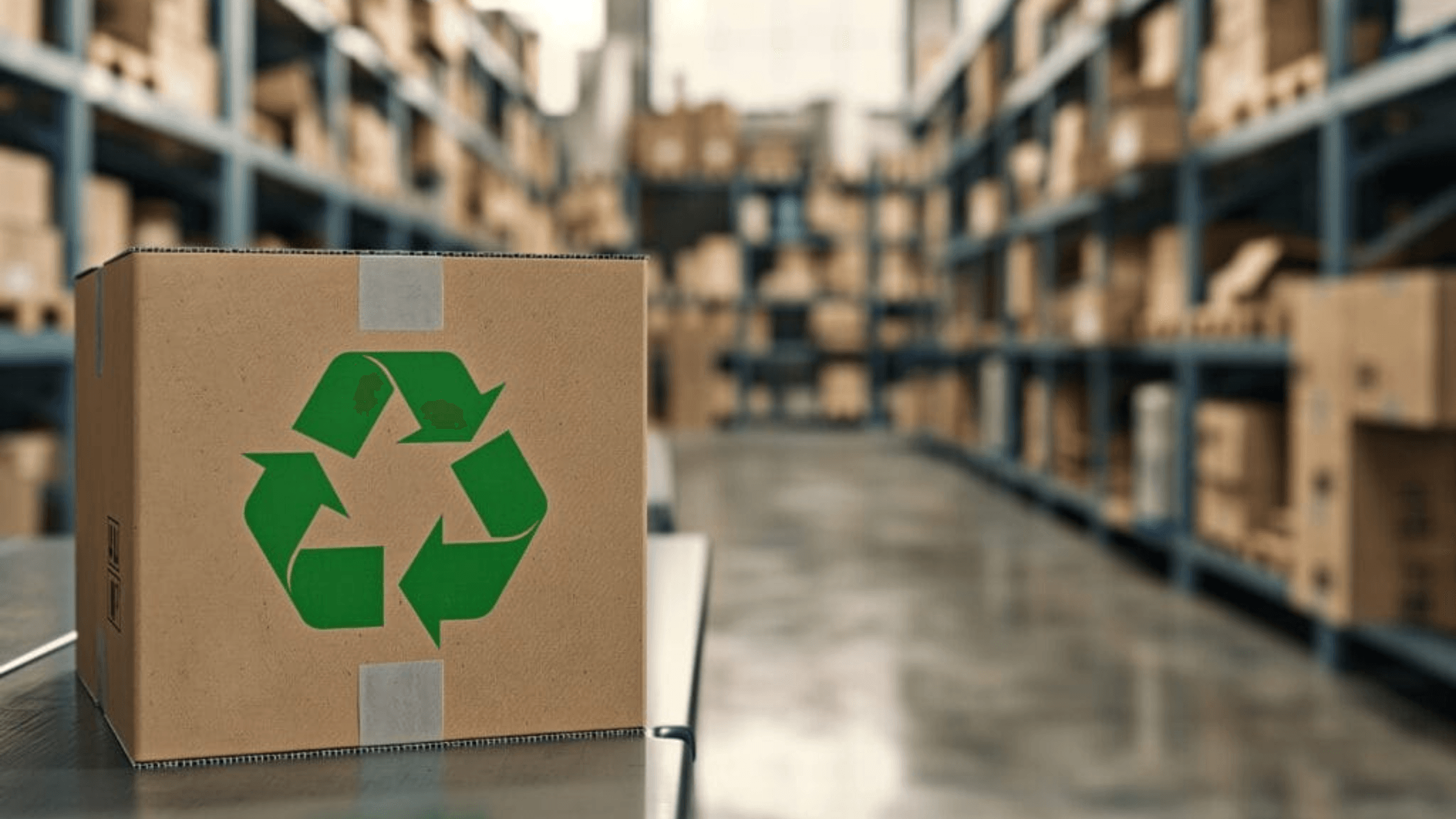Extended Producer Responsibility (EPR) regulations are set to become law from January 2026 for UK organisations that support or import packaging – but how will they affect your business?
EPR regulations only apply to UK organisations that supply or import packaging and conform to each of these criteria:
– Are an individual business, subsidiary or group (but not a charity)
– Have an annual turnover of £1 million or more
– Supplied or imported more than 25 tonnes of packaging in the previous calendar year
– Carry out any of the packaging activities
To recap, EPR for packaging changes a few ways that UK businesses operate. These include:
– How businesses report packaging data to local authorities
– The fees that businesses have to pay to produce different types of packaging
– For packaging manufacturers, much recycled material their packaging must contain
Now that the regulations have been made law, affected businesses will need to ensure that they are complying with the rules. If they do not, they could face hefty fines or other legal action.
To go into a little more detail, as well as the main changes outlined above, affected businesses may need to do the following from January:
– Pay a waste management fee
– Pay scheme administrator costs
– Pay a charge to the environmental regulator
– Get packaging waste recycling notes (PRNs) or packaging waste export recycling notes (PERNs) in order to meet recycling obligations
– Report ‘nation data’; information about which UK nation packaging is being supplied to and where it is being discarded
To find out more about how exactly your business may be affected, and what to include in PRNs, PERNs, and more, click here to access the Government’s official guidance on EPR. Finally, if you’re concerned about how your business will meet EPR requirements you may want to consider working with an approved third party compliance scheme.
For any other concerns, contact the Government’s packaging team via packaging@defra.gov.uk.




